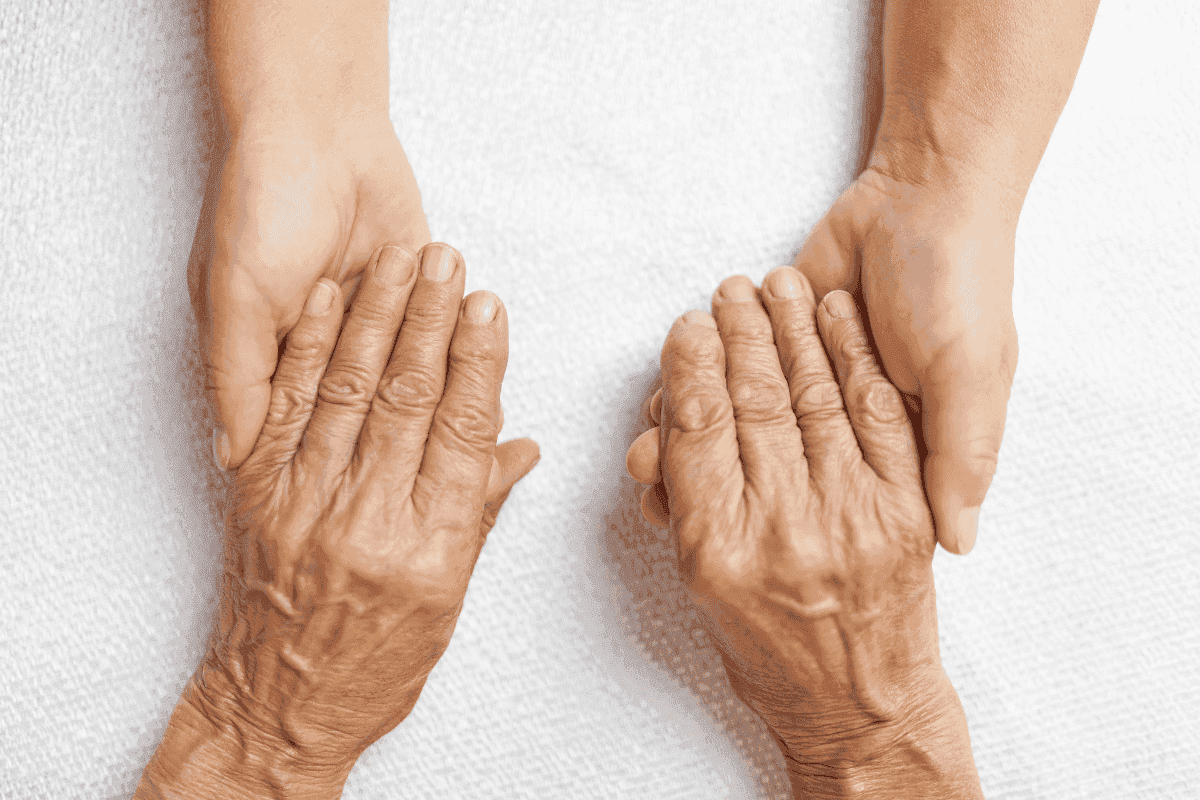As we journey through life, the process of aging is inevitable. However, how we age can greatly influence our quality of life and overall well-being. Aging gracefully involves not just adding years to our life, but life to our years. In this article, we’ll explore some key tips and strategies for healthy aging, empowering you to maintain vitality and independence as you navigate the journey of getting older.
- Embrace Physical Activity
Aging doesn’t mean slowing down; it means finding new ways to stay active. Regular physical activity is crucial for maintaining strength, flexibility, and mobility as we age. Aim for at least 150 minutes of moderate-intensity aerobic activity per week, along with muscle-strengthening activities on two or more days per week. Activities like walking, swimming, yoga, and strength training can help keep your body strong and resilient. - Prioritize Nutrition
A well-balanced diet is essential for healthy aging. Focus on eating a variety of nutrient-rich foods, including fruits, vegetables, whole grains, lean proteins, and healthy fats. Stay hydrated by drinking plenty of water throughout the day. Limit processed foods, sugary snacks, and excessive alcohol consumption, as they can contribute to inflammation and chronic health conditions. Pay attention to portion sizes and listen to your body’s hunger and fullness cues. - Cultivate Mental Wellness
Aging isn’t just about physical health; it’s also about mental well-being. Keep your mind sharp by engaging in activities that challenge your brain, such as puzzles, crossword puzzles, reading, or learning a new skill or hobby. Stay socially connected by maintaining relationships with friends, family, and community groups. Seek out opportunities for intellectual stimulation and personal growth to keep your mind active and engaged. - Get Quality Sleep
Quality sleep is essential for overall health and well-being, especially as we age. Aim for 7-9 hours of restorative sleep each night by establishing a regular sleep schedule and creating a relaxing bedtime routine. Create a comfortable sleep environment that is cool, dark, and quiet, and limit exposure to screens and stimulating activities before bedtime. If you’re experiencing sleep disturbances, such as insomnia or sleep apnea, talk to your healthcare provider for guidance and support. - Manage Chronic Conditions
Many older adults live with one or more chronic health conditions, such as diabetes, hypertension, or arthritis. Proper management of these conditions is essential for maintaining health and vitality. Work closely with your healthcare team to develop a comprehensive treatment plan that includes medication management, lifestyle modifications, and regular monitoring of symptoms. Stay informed about your health conditions and take an active role in managing your health. - Stay Active and Engaged
Aging is not a time to retreat from life; it’s a time to embrace new opportunities and experiences. Stay active and engaged by pursuing hobbies, interests, and activities that bring you joy and fulfillment. Volunteer in your community, join clubs or social groups, or take up new hobbies or creative pursuits. Cultivate meaningful relationships and connections with others, and don’t be afraid to try new things and step outside your comfort zone. - Practice Self-Care
Self-care is essential for maintaining physical, mental, and emotional well-being as you age. Prioritize activities that promote relaxation, stress reduction, and self-care, such as meditation, yoga, massage, or spending time in nature. Listen to your body’s needs and honor them with compassion and kindness. Set boundaries and prioritize activities that nourish your body, mind, and soul. - Plan for the Future
Aging is a natural part of life, but it’s essential to plan for the future and make arrangements for your later years. Consider creating a living will, advance directives, and powers of attorney to ensure your wishes are honored in the event of illness or incapacity. Explore options for long-term care, retirement living, or assisted living that align with your preferences and values. Having a plan in place can provide peace of mind and empower you to live life on your terms.
In conclusion, healthy aging is not just about living longer; it’s about living better. By incorporating these tips and strategies into your daily life, you can maintain vitality, independence, and overall well-being as you age. Embrace the journey of getting older with grace, resilience, and a commitment to living your best life at every stage.



